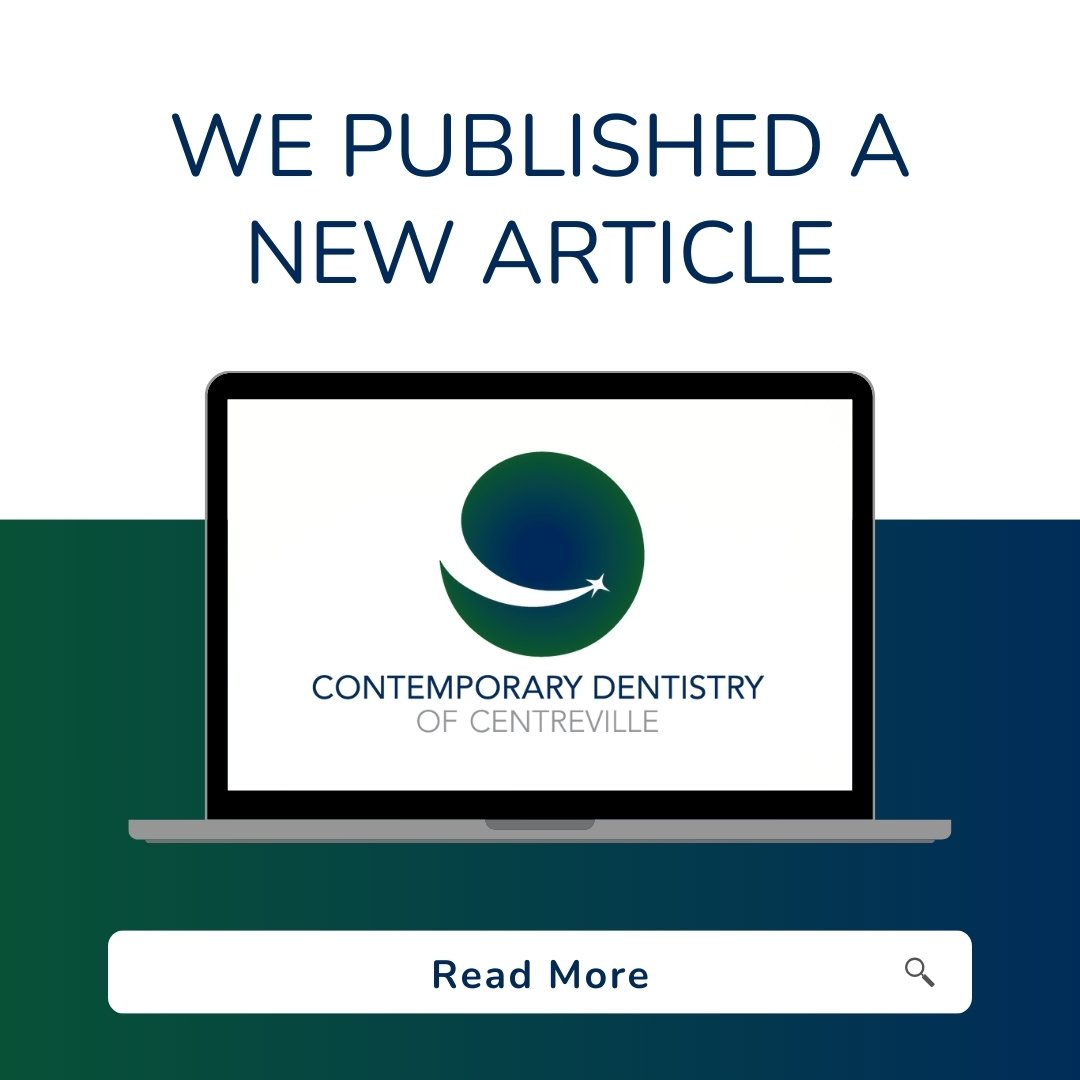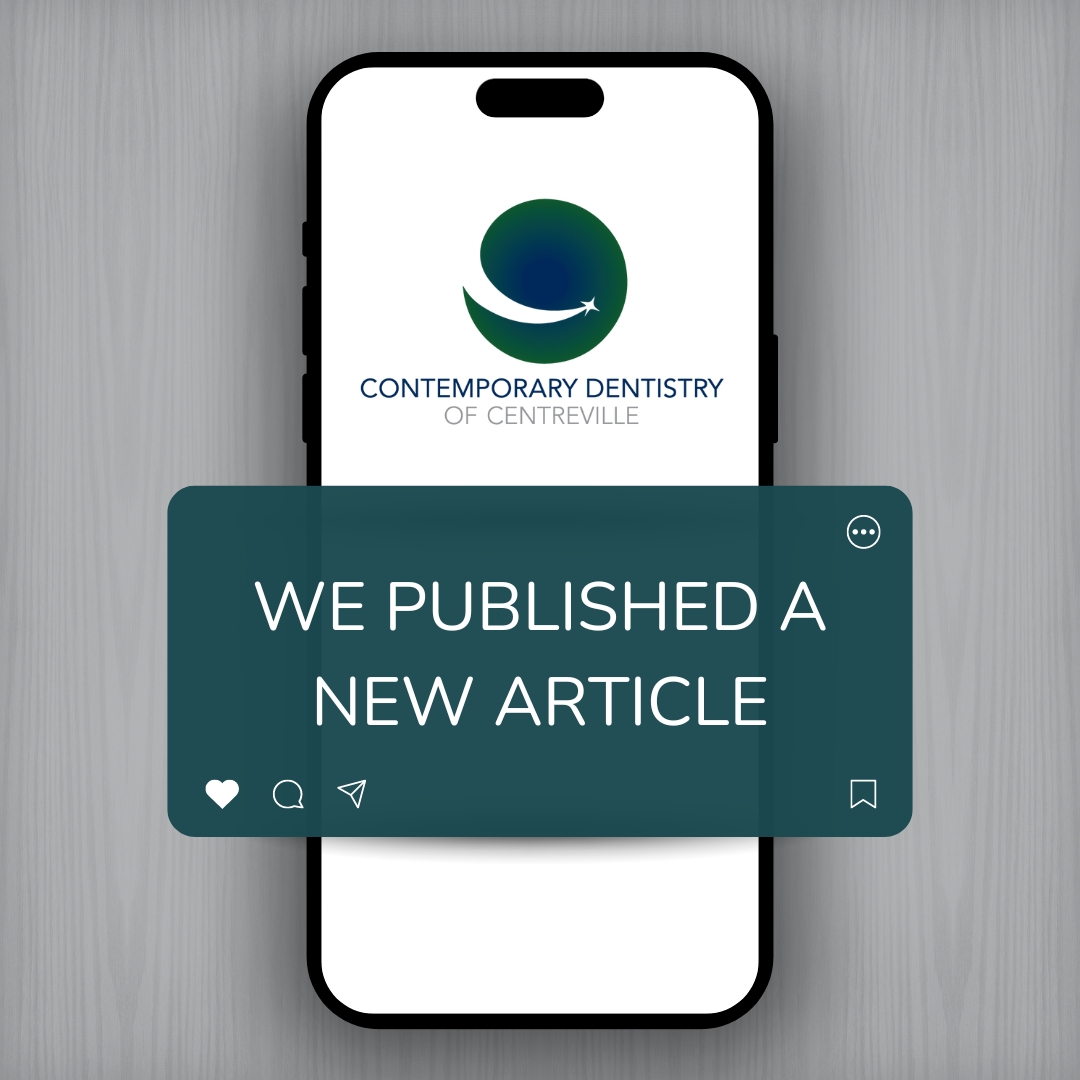
DO YOU OR DOES SOMEONE you love have an eating disorder? This week is National Eating Disorders Awareness Week. To help spread awareness about eating disorders and their effect on oral and overall health, share this post with your friends and family who may benefit from it.
Be Aware Of The Dental Complications
We all know that eating disorders can result in various health complications. You may be surprised to hear, however, that they are often first diagnosed during a dental exam. In fact, changes in the mouth are many times the first physical signs of an eating disorder.
A nutritious diet is crucial for healthy teeth and gums. And as those with anorexia and bulimia are often undernourished, they can experience a number of oral health issues. Poor nutrition can cause sores in the mouth, swollen salivary glands and periodontal disease. Gums and other soft tissues in the mouth may bleed more easily. People who have eating disorders are also more prone to chronic dry mouth and bad breath.
Frequent vomiting can also result in dental problems. Exposure to acid, especially strong stomach acid, on a regular basis is bad news for teeth. Tooth sensitivity, discoloration and decay can be the result. Because of the damage to tooth enamel, the shape and length of teeth can also be affected. In addition, teeth may become more brittle and chip or break more easily.
Reduce The Damage
As you or your loved one seek treatment for an eating disorder, follow these steps to reduce the damage to the oral cavity and teeth in the meantime:
- Continue a rigorous oral hygiene routine–brush your teeth at least twice a day and floss once a day.
- Instead of brushing your teeth immediately after vomiting, rinse your mouth out with water or water with baking soda to neutralize stomach acids. Don’t brush your teeth for at least an hour after purging.
- Be open and honest with your dentist, and see them on a regular basis.
We Are Here For You
As your trusted oral healthcare providers, we are here to give advice without passing judgment, and as always, maintain full patient confidentiality. We care about your health and well-being! If you have any questions regarding this blog post, call us or come in today. You can also send us a private message on our Facebook page. For more information and resources to help those you love get the help they need, visit http://nedawareness.org/.




















